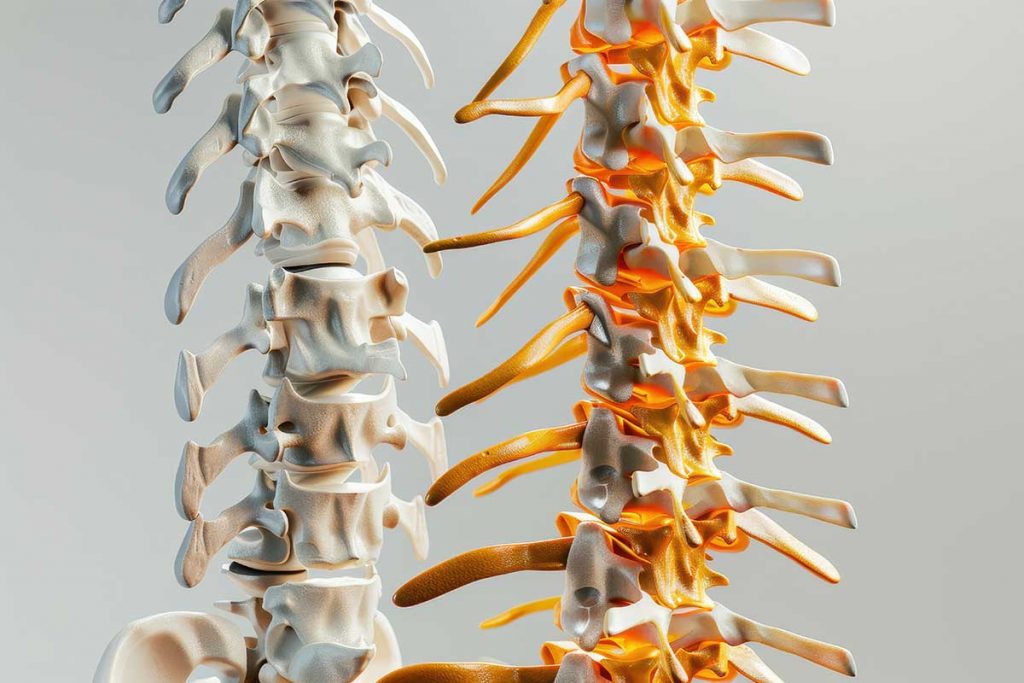Table of Contents
- What is a Failed Nerve Ablation?
- Optional Treatments If an RFA Fails
- Give the Physician Honest Feedback
Radiofrequency ablation (RFA) is a preferred treatment for treating pain. It is used to treat back and neck pain, chronic pain from arthritis and peripheral nerve pain, to name a few conditions. It is a nerve block procedure using an electrical current to stop the nerve pain signaling to the brain. RFA is considered effective, with up to 80% of patients experiencing some degree of pain relief. Unfortunately, the procedure does not always work. In some cases, patients experience a failed nerve ablation in which the pain is not lessened and, in some cases, increases.
What is a Failed Nerve Ablation?
Patients receiving a nerve block may experience one or more complications. The most common complication is transient discomfort after the procedure, which is normal. In one case, a woman developed transient paresthesias after a lumbar RFA in which pain, swelling and numbness developed in one buttock and thigh. The reaction to the RFA treatment resolved itself over time, which is often the case.
However, there are cases in which neuropathic pain develops. Neuropathic pain is a shooting, burning pain that can resolve itself or become chronic.
There are also cases where the pain is not alleviated or worsens. What if the nerve block doesn’t work or only partially works? It is a failed nerve ablation in these situations because the nerve block did not provide the desired pain relief within an expected timeframe. The failure may be complete or partial. A complete failure means there is no indication the nerve is blocked. A partial failure is when there is some pain relief but not what is expected.

There are several reasons why a radiofrequency ablation may prove to be a failure.
- The nerve ablated is not the primary pain generator
- The area of the RFA is configured in a way that reduces the procedure’s effectiveness
- Patients may have medical conditions that are also causing pain where the nerve is located
- Pain relief is temporary, lasting far less time than the expected 6-12 months
Optional Treatments If an RFA Fails
If ablation fails, what next? No medical procedure can be guaranteed to be 100% successful. Fortunately, there are optional treatments for chronic pain should the nerve block fail. Each case is different, but doctors at
Spine and Pain Clinic of North Americ has a variety of possible solutions.
Epidural steroid injections
Steroid medication is injected directly into the inflamed area around the nerve roots.
Facet joint injections
Steroid medication is injected into the appropriate facet joints in the spine.
Spinal cord stimulation
The medical device is implanted beneath the skin, sending electric currents to the spinal cord to interrupt pain signaling.
Physical therapy
Physical therapy was likely recommended before RFA was considered, but if the RFA partially worked or failed, a change in the PT routine may be suggested.
Sometimes, the procedure works, but the nerve regenerates. What if nerve ablation doesn’t work the first time? One option is having another radiofrequency ablation done. Surgery may or may not be recommended if the nerve regrows after the second procedure.
Surgery is always a last resort because the Radiofrequency Ablation can be repeated every 6-12 months at the physician’s discretion. Our doctors will consider factors like how quickly the pain returns and the severity of the pain. Some people experience relief for years after a single RFA procedure. Others need repeated RFA procedures. A clinical study found that each successful repeated RFA provided pain relief for 85% of patients for ten months.
Give the Physician Honest Feedback
Patients should always provide honest and thorough feedback to ensure the physician develops the ideal treatment plan for a specific condition. The pain doctor can only determine the best-targeted solution by understanding what the patient is experiencing in terms of pain. Even if the nerve ablation fails, there are optional customized treatments the doctor will consider.
Sources
- https://www.ncbi.nlm.nih.gov/pmc/articles/PMC10030159/
- https://www.ncbi.nlm.nih.gov/books/NBK482387/
- https://www.ncbi.nlm.nih.gov/pmc/articles/PMC2966726/
